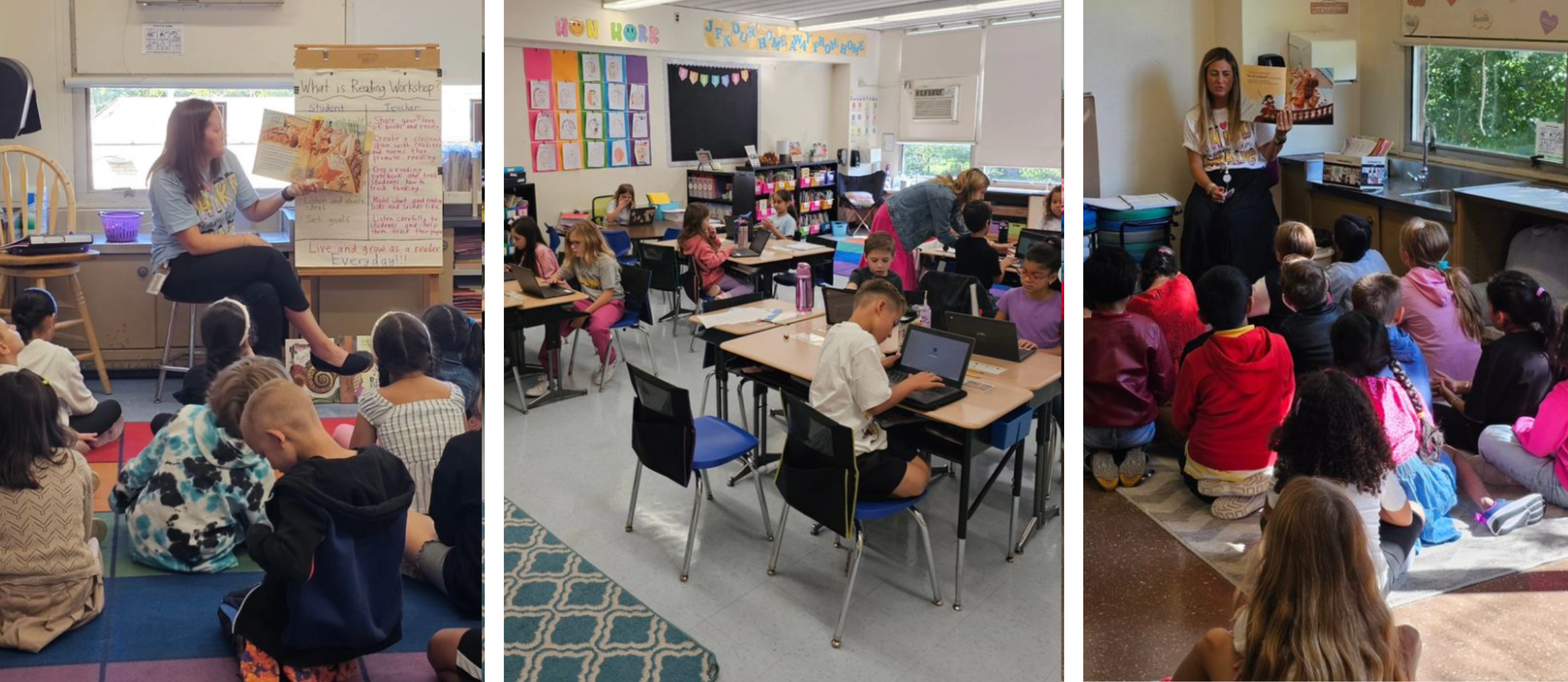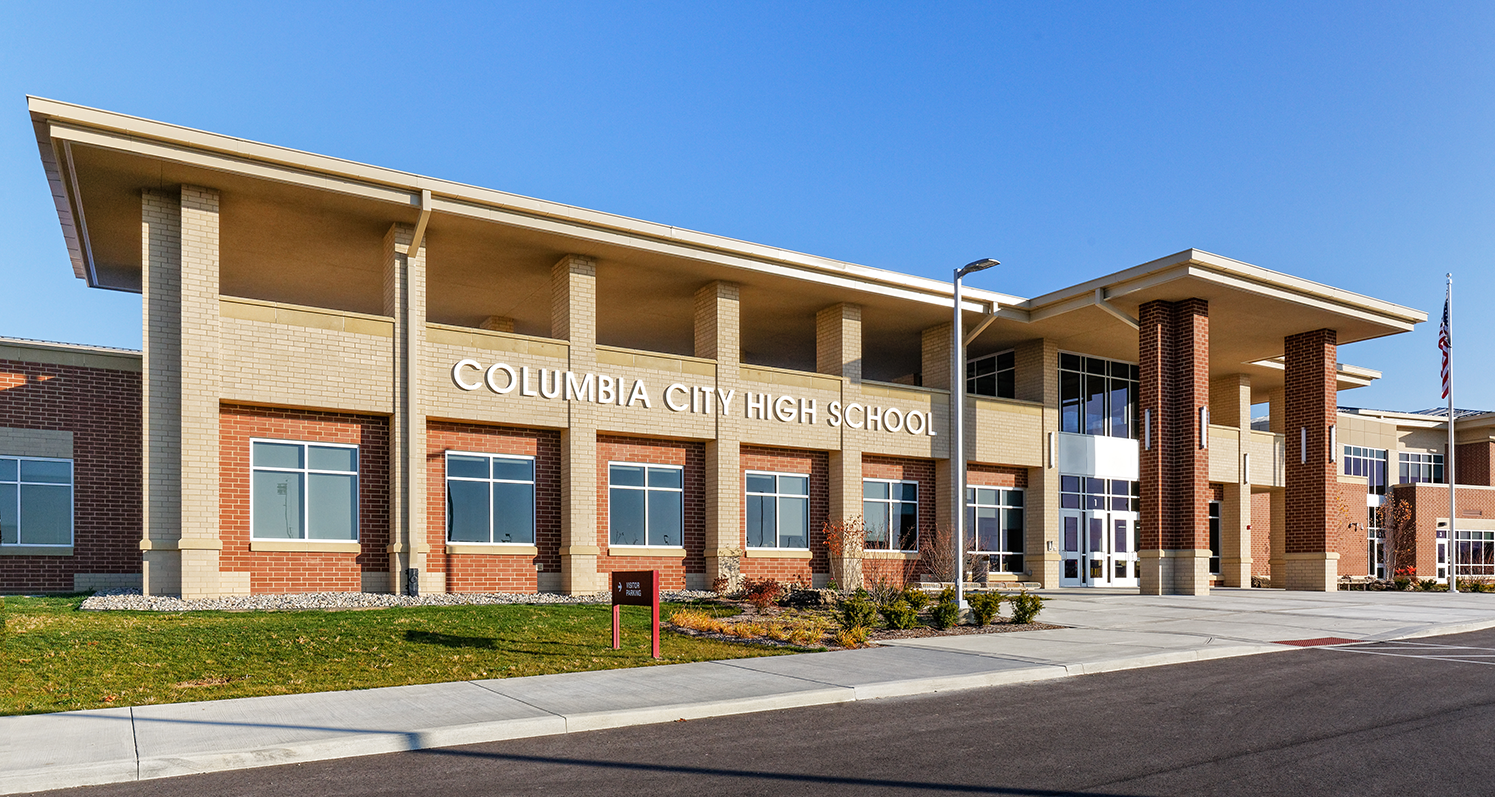Recognizing the Significance of Institutions in Child Advancement and Area Growth
Schools' involvement with neighborhood areas via service-learning campaigns reinforces the bond between families and instructional organizations. This symbiotic relationship underscores the relevance of schools in supporting energetic citizenship and lifelong knowing habits.
Academic Success
Academic accomplishment serves as a cornerstone of kid advancement, giving the structure upon which future knowing and success are developed. Schools play a pivotal role in promoting this academic growth, supplying organized settings where youngsters can acquire crucial knowledge and cognitive skills. Standard curricula make certain that pupils gain proficiency in core topics such as mathematics, science, and language arts, which are crucial for both college and specialist opportunities.
In enhancement to giving basic academic abilities, institutions likewise cultivate crucial thinking, analytic capabilities, and intellectual interest. These cognitive proficiencies are important for browsing intricate real-world circumstances and adjusting to the ever-evolving demands of the modern office. Teachers, as facilitators of knowing, employ varied pedagogical techniques to cater to diverse knowing designs, therefore making best use of specific pupil capacity.
In addition, scholastic success is very closely linked to self-esteem and motivation. Children that experience academic success are most likely to establish a positive self-concept and a lifelong enthusiasm for knowing. Institutions additionally offer different sources, such as libraries and innovation, which better improve the instructional experience and prepare trainees for a highly innovative society.
Social Ability Advancement
Beyond academic success, the duty of institutions in social ability advancement is crucial. Schools work as a main place for kids to learn and exercise important social skills such as teamwork, problem, and interaction resolution. In the organized environment of a class, pupils connect with peers, educators, and various other college team, offering many opportunities to develop these important capacities.
Effective social skill growth in colleges is assisted in with group activities, collective tasks, and extracurricular programs. These interactions aid trainees recognize social standards, develop empathy, and promote a sense of area. For circumstances, team projects educate students just how to interact towards a common goal, listen to various perspectives, and browse disputes constructively.

The cultivation of social abilities throughout academic year lays a structure for future personal and professional connections. Save Temecula Schools. As trainees grow, the capacity to successfully connect and team up becomes increasingly important, emphasizing the college's crucial duty in holistic child advancement
Direct Exposure to Diversity
Direct exposure to variety in schools is essential to cultivating an inclusive attitude and widening pupils' point of views. Schools work as a microcosm of the broader society, and coming across diverse cultures, languages, and socioeconomic backgrounds within this environment equips students with important abilities for browsing a progressively globalized globe. This direct exposure urges compassion, reduces bias, and promotes common regard among peers.
Diverse classrooms also enhance social and cognitive growth. Study indicates that students that connect with peers from diverse histories display much better analytic skills and creativity. They find out to appreciate various point of views, which enhances classroom discussions and fosters a much more dynamic understanding experience. This understanding of variety prepares pupils for future offices that value multicultural capability.

Area Engagement
The benefits of varied classrooms extend past the institution walls, cultivating a strong sense of neighborhood involvement amongst pupils. By interacting with peers from various social, socioeconomic, and ethnic backgrounds, pupils acquire a more comprehensive perspective and a recognition for diversity. This exposure motivates them to come to be active citizens who are ready to add positively to their areas.
Schools that stress community involvement frequently incorporate service-learning jobs, which allow pupils to resolve real-world issues while applying academic skills. These jobs not just improve students' understanding of their coursework yet also instill a sense of responsibility and empathy. Furthermore, partnerships between colleges and local companies supply students with opportunities to join neighborhood occasions, further strengthening their duty as positive community participants.
Furthermore, adult and community involvement in colleges strengthens the bond in between educational organizations and the areas they serve. Through these efforts, schools play an essential duty in supporting community interaction and cultivating societal development.
Lifelong Understanding Habits
Establishing long-lasting knowing routines is essential for a kid's constant growth and flexibility in an ever-changing globe. Colleges play a critical function in instilling these routines by producing an environment that fosters interest, critical thinking, and a love for expertise. Via extracurricular tasks and diverse curricula, instructors urge pupils to discover various subjects, analyze information critically, and use their discovering to dig this real-world circumstances.

Furthermore, colleges provide a structured environment where kids can create self-discipline and time management skills, both of which are crucial for continuous discovering. By highlighting the value of setting objectives, assessing progress, and adjusting techniques, universities prepare trainees to browse the intricacies of grown-up life, ensuring they stay lifelong learners and contributors to society.
Verdict
In verdict, institutions are essential in cultivating child development and area growth by supplying environments conducive to scholastic accomplishment, social skill growth, and exposure to diversity. Inevitably, colleges cultivate lifelong knowing routines, gearing up people with the needed knowledge and abilities to contribute positively to society.
In the organized environment of a classroom, pupils engage with peers, educators, and other college staff, providing various possibilities to establish these critical capabilities.
In significance, direct exposure to variety within colleges not only enhances specific students however also enhances the social textile of the neighborhood as a whole.
The advantages of diverse classrooms extend beyond the college wall surfaces, fostering a strong sense of neighborhood engagement amongst trainees.Schools that stress area involvement commonly integrate service-learning projects, which enable students to attend to real-world troubles while using academic skills. Partnerships in between colleges and neighborhood organizations give students with opportunities to participate in community events, even more solidifying their duty as aggressive area participants.